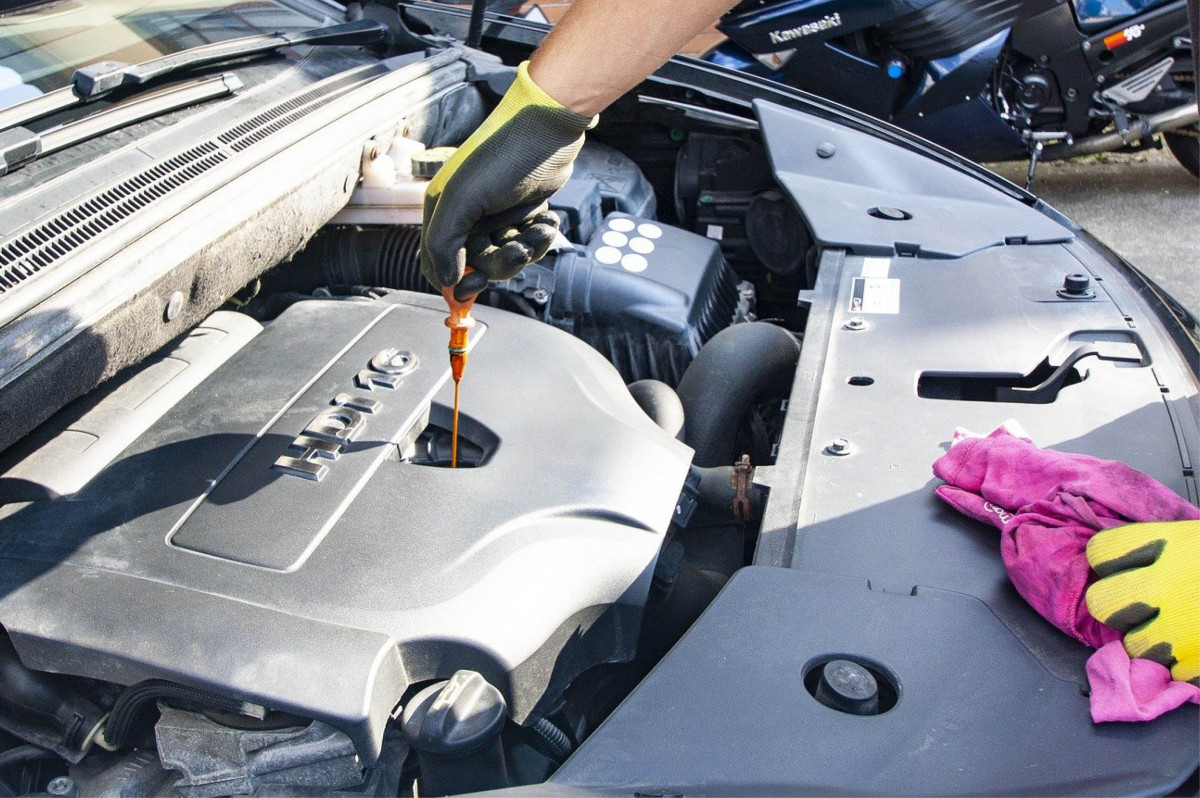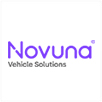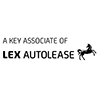The winter months are closing in on us, and a quick winter check can give you peace of mind to ensure you're driving safely. Whether you have a leased or owned vehicle, this is worth considering, and many garage outlets offer a free winter check service if you need some support. A few quick checks could spot any problems, reducing the risk of being stuck on the side of the road in the dark in bad weather.
At P+B we advise our clients on best practice when leasing or purchasing a vehicle, and this continues throughout the time you have the car. For the standard checks you should perform on a vehicle in the winter months, please see below:
- Tyres - A check on the overall condition of your tyres including the tread depth and pressure is essential. Your tyres are the only part of your car that are in contact with the road surface, so in icy or wet conditions it is important these are in good order. The legal tyre tread limit is 1.6mm, although the industry standard recommendation would be 3mm of tread to give your car the best chance of gripping the road.
- Battery - It is good practice to test the battery's charge to ensure you keep moving this winter, and reduce the risk of breaking down and being left stranded.
- Fluid Levels - A check of the engine oil, brake fluid and the levels of Coolant and Anti-freeze are all worth doing.
- Engine Oil - Without sufficient oil in your car, the engine will seize and leave you unable to drive the vehicle.

- Brake fluids - On winter roads, stopping distance will be reduced due to snow, ice or water; therefore making sure your brakes are working as efficiently as possible is advisable. Brake fluid is a serviceable item and it is recommended to be replaced every 2 years.
- Coolant - In the winter it is important to know whether your coolant contains antifreeze at the right levels, as the water in your coolant tank is of no use if it is frozen.
- Wiper blades and washer fluids - With bad weather and shorter days, visibility of the road is vital, so it is advised that your wiper blades and screen wash system are in good working order. A check for splits or damage on the wipers is advised, along with a check of the operation of the windscreen wash system, making sure the level of screen wash is topped up regularly.
- Light bulbs - Check that all exterior bulbs are working, including brake lights, indicator lights, fog lights, headlights and the number plate light. There are fewer daylight hours, so more chance of driving in the dark and having all your bulbs working gives other drivers the best chance of seeing you through any bad weather. It is important to note that driving with a faulty bulb is illegal and you could receive a fixed penalty notice and/or 3 points on your licence.
- Brake pads and discs - As wear and tear items, brake pads and discs need replacing regularly. Your car may struggle to stop as quickly in the winter weather, so making sure brake pads are not too worn is important.
Taking the time to check over the above can give you peace of mind driving throughout the winter. You can also book into Kwik Fit, Halfords, John Clark or Parks for a free winter health check.








